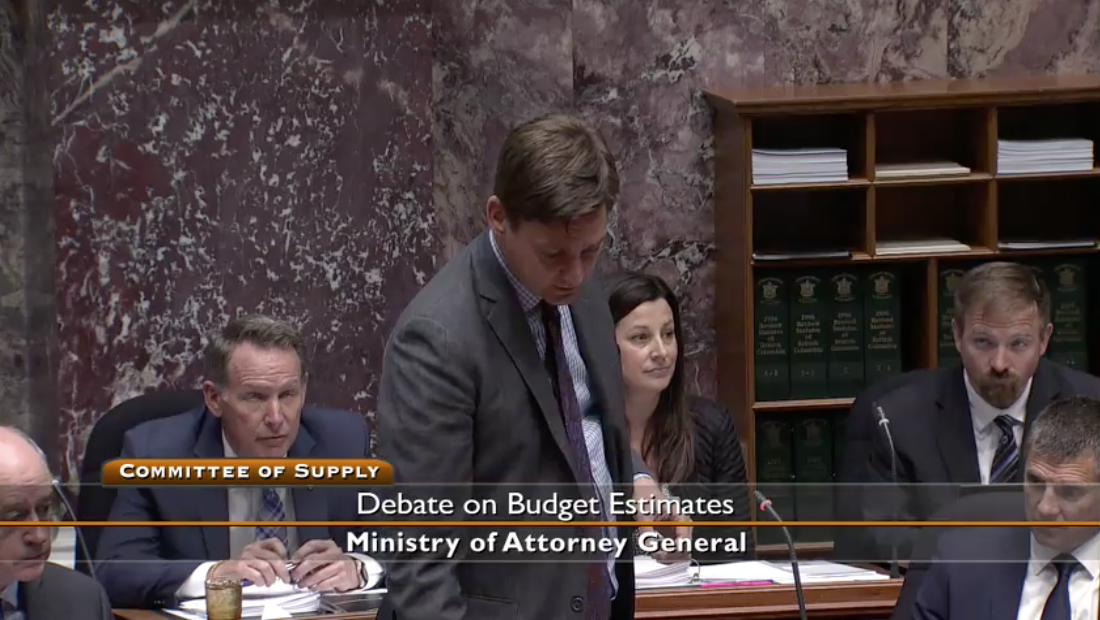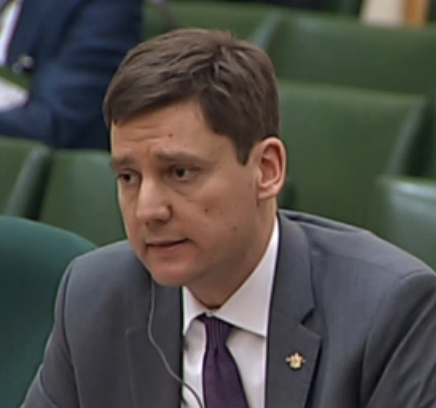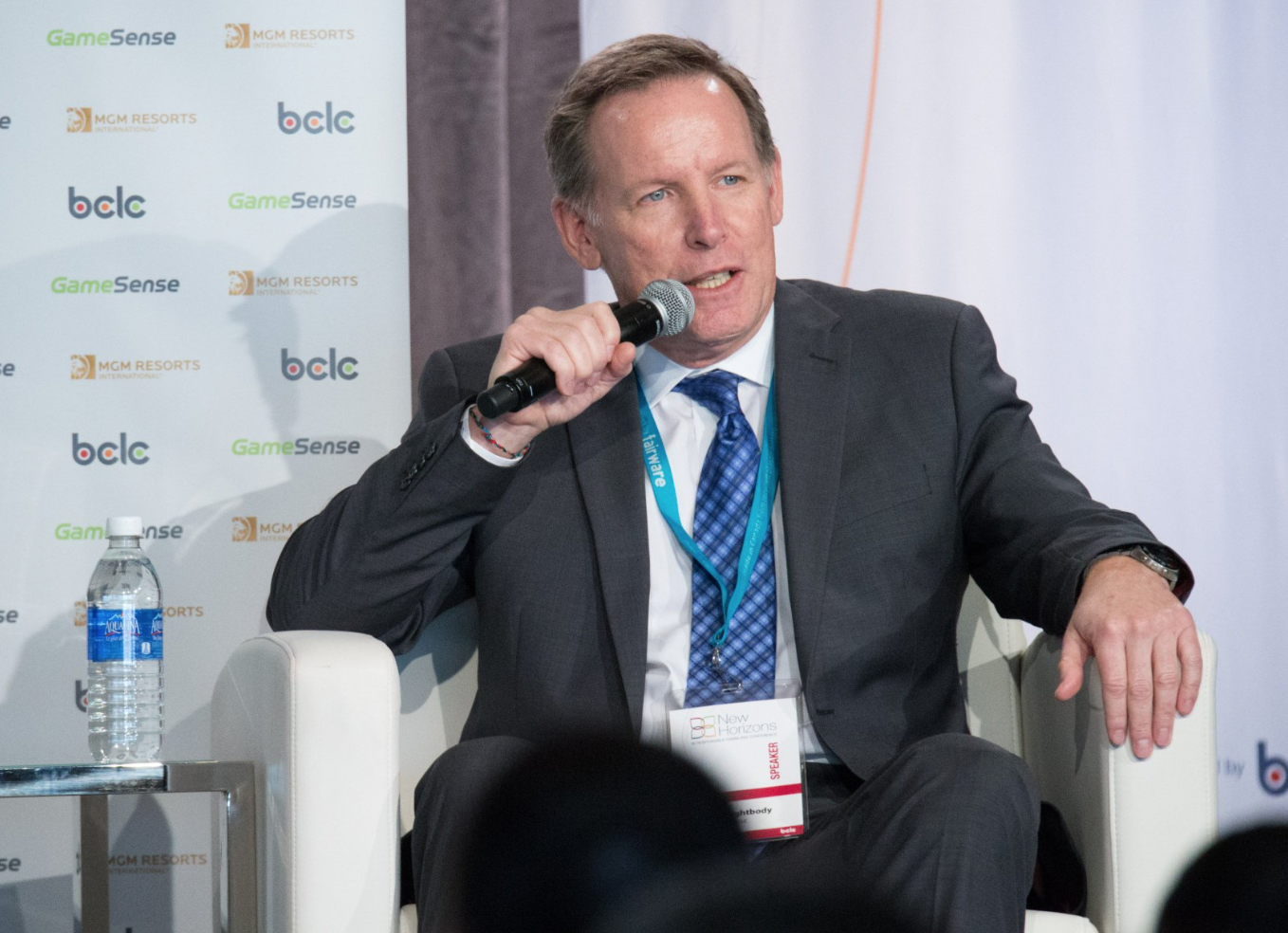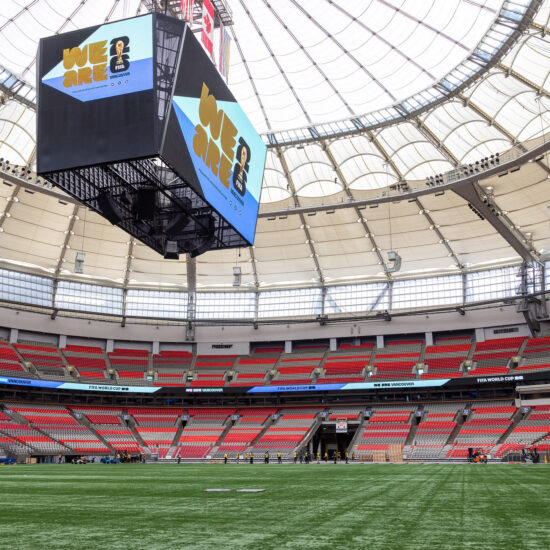
Bob Mackin
The Lower Mainland’s big five casinos won’t have round-the-clock coverage by Gaming Policy and Enforcement Branch officers after all, Attorney General David Eby admitted in the Legislature on May 29.
Last December, the Eby-hired anti-money laundering expert Peter German recommended GPEB staff needed to be seen on-shift and available in casinos “on a 24/7 basis.”
“The presence of the regulator will allow for the increased vigilance required in casinos,” German stated in his interim recommendation. “In particular, it will assist with source of fund issues, third party cash drops, and general support for [gaming service providers] and B.C. Lottery Corporation.”

B.C. Attorney General Eby in Ottawa, March 27.
Eby said GPEB staff are now on-shift beyond 9-to-5 on weekdays, but there will not be blanket coverage at Great Canadian’s River Rock and Hard Rock, Gateway’s Grand Villa and Starlight, and Paragon’s Parq. Under questioning from BC Liberal critic John Yap, Eby said: “We don’t want somebody sitting by themselves at 5:30 in the morning at the River Rock Casino. We wanted… When I say we, Dr. German wanted investigators to be there at the peak times, to focus on the risk-based and to be available outside of Monday to Friday, nine-to-five.”
GPEB has 18 investigators, with two job offers outstanding and a target of two to three more hires, Eby said.
Update: On June 6, staff in Eby’s office clarified his statements. They told theBreaker that GPEB investigators are on-shift from 1 p.m. to 11 p.m. and that there are 15 existing investigators from GPEB offices in Burnaby, Kelowna, Prince George and Victoria. Up to eight more will be hired. “GPEB has recently hired three additional investigators, expects another two to join the team in the coming weeks, and there is an open posting to acquire additional temporary staff as soon as possible,” said the statement from Eby’s communications office.
German, a University of B.C. law professor and author of a leading anti-money laundering textbook, submitted his 250-page, 48-recommendation report on March 31. In an April 20 interview, Eby told theBreaker that the report was set for release by the May 31 end of the spring session of the Legislature. He said it was being delayed because of required vetting to avoid compromising any law enforcement investigations or anyone’s private information.
His reasons for the delay have changed very little in the past month. On May 29, he told the Legislature that the release of the $200,000 report had been delayed again. He stopped short of offering a new publication date.
“We have had some challenges around ensuring the protection of privacy rights of individuals identified in the report and ensuring that we don’t accidentally step on the toes of any law enforcement investigations. As soon as that is done, the report will be released,” Eby said.
Documents obtained under the freedom of information law by theBreaker indicate that the topic of GPEB regulators in casinos at night and on weekends did not appear to have been discussed at all between the heads of GPEB and BCLC until a month after German’s recommendation was released. They agreed in early January to collaborate on the issue, but did not discuss a strategy or schedule.
Instead, GPEB and BCLC engaged in a back-and-forth dispute over implementing another German recommendation — for collection of a customer’s identification and proof of the source of their funds for casino transactions of $10,000 and up.
In a Dec. 13 letter, GPEB Assistant Deputy Minister John Mazure told BCLC CEO Jim Lightbody that it was “critical” for GPEB to approve the source of funds declaration, and the policies and procedures around its use, prior to implementation.
Lightbody replied the same day, emphasizing that the Gaming Control Act already gave BCLC authority to enact rules which have the force of law. BCLC planned on implementing the policy by Dec. 18.
Lightbody wrote that he was concerned about Mazure’s suggestion that GPEB’s review would delay policy rollout.

BCLC CEO Jim Lightbody
“BCLC does not agree with your assertion that GPEB approval is required before BCLC’s implementation of the [source of funds declaration] recommendation,” Lightbody wrote.
GPEB licensing executive director Kim Bruce replied Dec. 15, asserting GPEB jurisdiction over the integrity and regulation of gambling in B.C. GPEB, she said, needed to approve the final version of the “source of funds declaration and the politics and pressures around its use prior to the implementation of the declaration.”
Lightbody softened his tone, and told Bruce in a Dec. 19 letter that “we are willing to work with you on this.”
On Dec. 27, however, Bruce wrote that the BCLC-proposed source of funds declaration was faulty because it did not require a patron to confirm accuracy of information with a signature.
“The gaming worker can only confirm the source of funds declaration reflects the information provided to them by the patron,” said Bruce’s letter. “This is not a substitute for the signature of the patron… the patron’s signature can also be useful in any subsequent investigation, particularly if it demonstrates that a patron provided false information. Failure to obtain the signatures of both the gaming worker and the patron significantly weakens the collection of information in the source of funds declaration. As a result GPEB does not support this approach.”
On Jan. 2, Lightbody reluctantly agreed to Bruce’s demand. “Having the customer sign the declaration will be done, however we want to point out that requiring a signature provides no real protection and will create some potential customer service challenges that we will have to overcome.”
In his weekly “Jim Session” memo to staff on Jan. 15, Lightbody boasted that BCLC had implemented the first of German’s interim recommendations the previous Wednesday.
“This means that all cash and bank draft/certified cheque buy-ins for $10,000 or more, in one or more transactions within a 24-hour period, will require a source of funds receipt,” Lightbody wrote. “The original receipt must be from the same day of the transaction and show the financial institution, branch number and account number. This information will be required before a customer is allowed to buy in and will be reviewed daily by BCLC’s [anti-money laundering] unit. You should know that we have always completed due diligence like this on our customers using a risk based approach. I can also tell you that we will embrace the new procedures wholeheartedly.”
Support theBreaker.news for as low as $2 a month on Patreon. Find out how. Click here.










